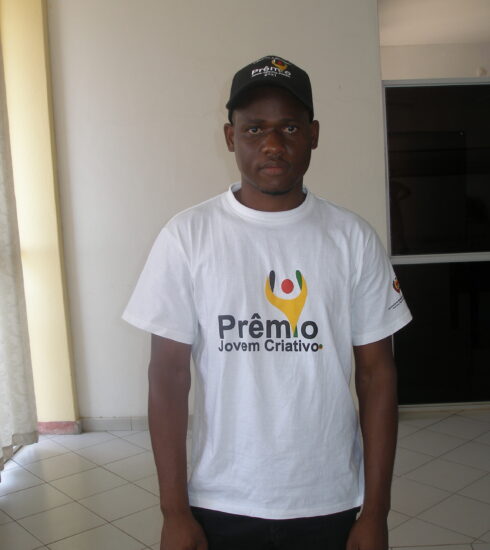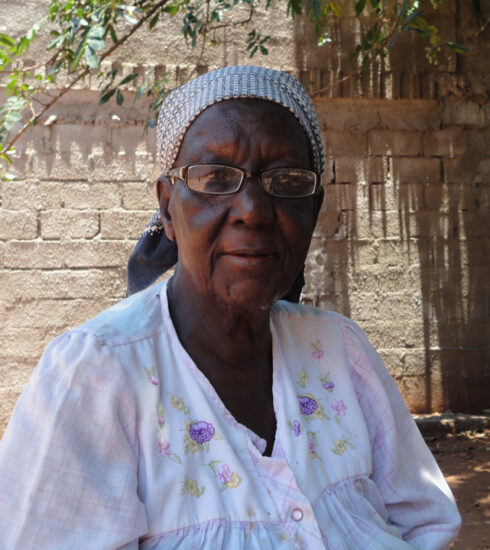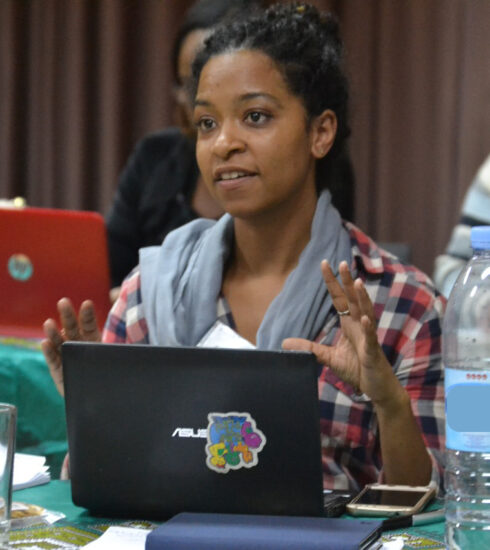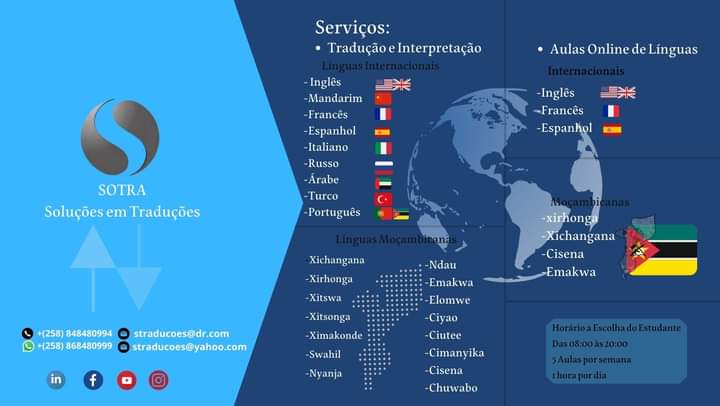
Sérgio Albuquerque
On October 30th, 1988, Lúcio Albuquerque and Esperança Acácio were graced with the arrival of their firstborn, Sérgio Lúcio Albuquerque. Sérgio was born in Quelimane city, Zambezia province, at a time when his parents were separated. He is the only son resulting from his parents’ relationship, therefore, on the maternal side, Sérgio has three other siblings named: Amede Acácio Retrato, Genésia Maria Retrato and Deolinda Maria Retrato. Sérgio grew up in the Samugué neighbourhood near the upscale area of Quelimane city, where the houses were mostly made with wattle and daub, covered with slabs and mopped around them.
In that neighbourhood it was possible to see the neighbour’s house very well, since the houses had no fences. The neighbourhood’s education policy would allow anyone to educate the neighbour’s child as their own. There was a wide street in the neighbourhood where Sérgio and his friends would improvise goalposts to play football.
Despite the fact that Sérgio lived at his paternal grandmother’s house until the age of nine, his mother was always involved at all times of his life, helping him unconditionally in such a way that today it is difficult for Sergio to talk about her.
There were times in Sergio’s childhood when the financial condition of his family wasn’t good, as a result he started selling “coco-norte” to help his family.
Later on Sergio went to live with his maternal uncle José Acácio Alfredo who was an inspiration and example in his life. Since the living he had with his uncle from an early age he keeps memories that serve as a lesson to him.
One day a thief broke into the house and stole everything, including his clothes. He neither had slippers nor bag because they had been stolen.
The episode took place on a Tuesday and Sérgio had to go to school. So he said to his uncle, “Not like this, I’m not going, I can’t go to school like this.” Sérgio’s uncle reacted by saying he would go even only by force. At the time of going to school, Sérgio ran away because he knew his uncle’s personality. José Alfredo looked for him, found him and dragged him by the arm until he reached school.

this text was translated by SOTRA
Upon arriving, his uncle exposed him in the middle of the class and to the teacher explaining why Sérgio didn’t want to go to school. At that moment Sérgio didn’t understand, but some time later, he realized how much his uncle valued School.
Dream of becoming a journalist
The love of journalism started with little jokes about being a reporter in his small childhood group. Sérgio would memorize some television advertisements and then try to imitate. Still in primary school, he was part of wall newspaper groups in the schools where he attended.
The simplicity and eloquence of the journalist Sergio Marcos influenced Sérgio to pursue his dream of becoming a journalist besides the works of Eusebius Casal that inspired him.
Although at the first sight Sergio had physical impairments which unable him to move properly, it wasn’t an impediment for him to dream and much less to pursue his dream to become a journalist. It was at the age of 21 that his dream of becoming a journalist gained wings when he was admitted to take the Degree in Journalism at Eduardo Mondlane University as the only candidate in Zambézia province, however, before joining the university, Sérgio was part of a radio station.
The special moments of his academic life don’t end here. Sérgio as a university student was part of the group of broadcasters who founded the first University Radio of UEM. At the same time, Sérgio began working on a television where he became involved with the technical part of journalism, an area that became his ally in the journey of communication.
The money Sérgio earned as a scholarship holder was not enough to afford the other needs of his life. To turn around this adversity he decided to work in a pastry shop in the afternoon. He used to go to classes in the morning and then to the pastry shop in the afternoon.
Emergence of TV Surdo
As part of the opening of the IREX program, Sérgio applied to be an intern and was reproved. However, he was eventually recalled and invited to be part of the Program For strengthening Media, implemented in Mozambique by IREX. In addition, Sérgio was the first intern at IREX to implement the television component as he had already had experience with the world of television.
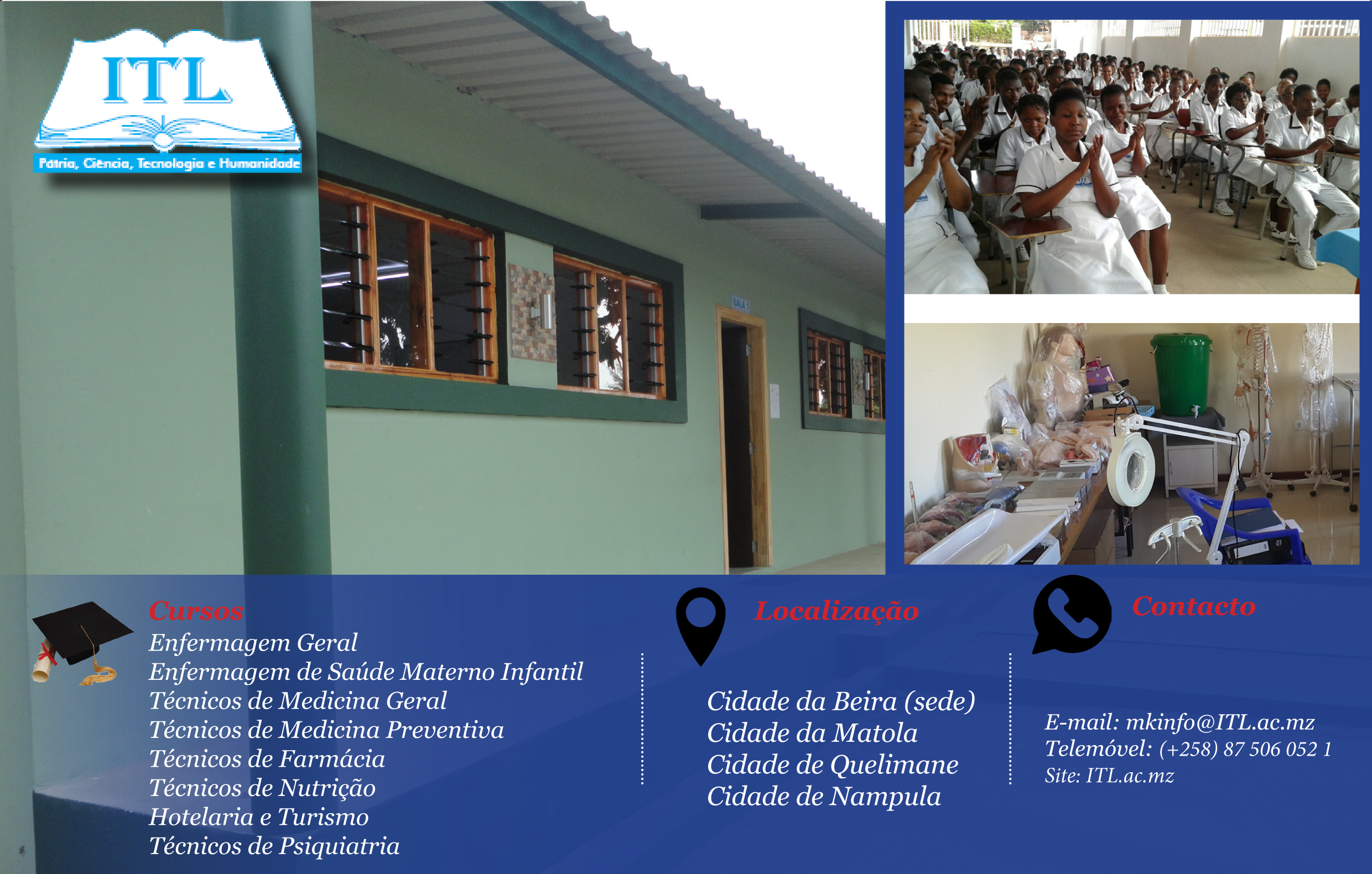
Publicidade
In 2015, a group of eight people with hearing impairments interested in creating a television for them emerged. Once the idea was welcomed, the procedures for the implementation of the project were started.
Selma Inocência conducted the program, however, she had to give up the program to embrace other projects. So Sérgio Albuquerque was chosen to manage the program. Thus, Sérgio was part of the group that gave start to TV Surdo, a television platform that is made by people carrying impairment.
Dealing with deaf people at the beginning was very difficult for Sérgio, once they had no practical notions of computing. On the other hand, was the Mozambican education system for deaf people who were inadequate? To overcome these problems, Sérgio started a training process.
In addition to transmitting journalism skills to deaf people, Sérgio had to learn ways to deal with people with disabilities and some terms which are used recurrently, though not appropriate. He also learned to speak sign language to communicate with deaf journalists.
TV Surdo started as another project of the program for strengthening Media of the IREX. Then it changed to TV Surdo association and it has currently 16 employees, including seven deaf, one wheelchair user and the support staff.
Beliefs, family and hobbies
Sergio lives with his wife and only child. He is a Christian and believes that his life has had divine intervention since his childhood. In his free time, Sérgio watches films, animated cartoons in the company of his son. He also likes to play football and talk to friends and visit literature.







